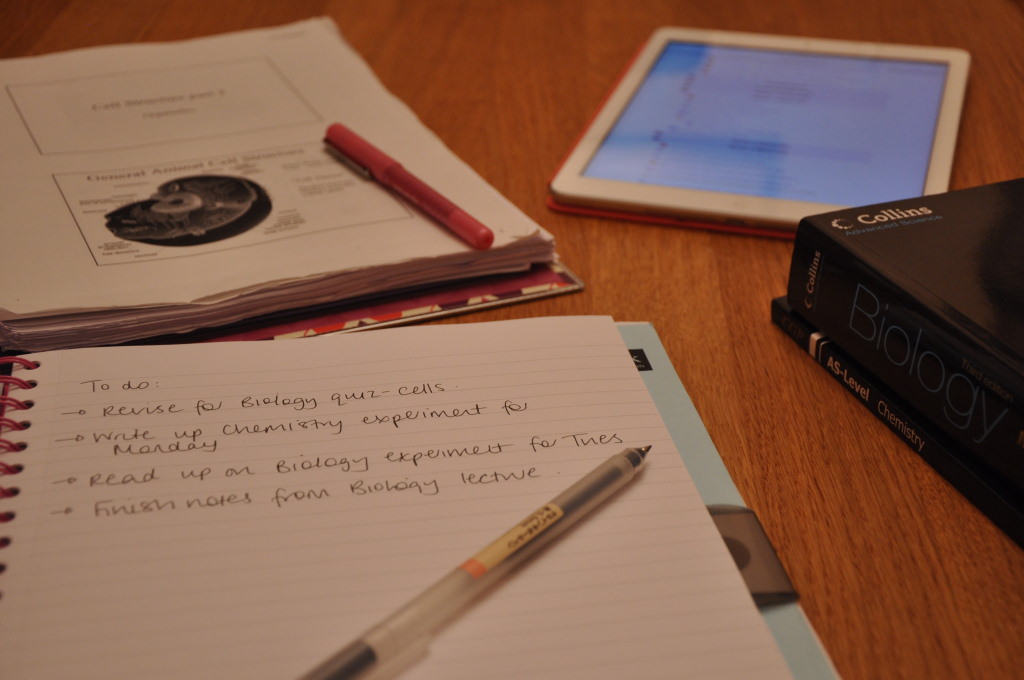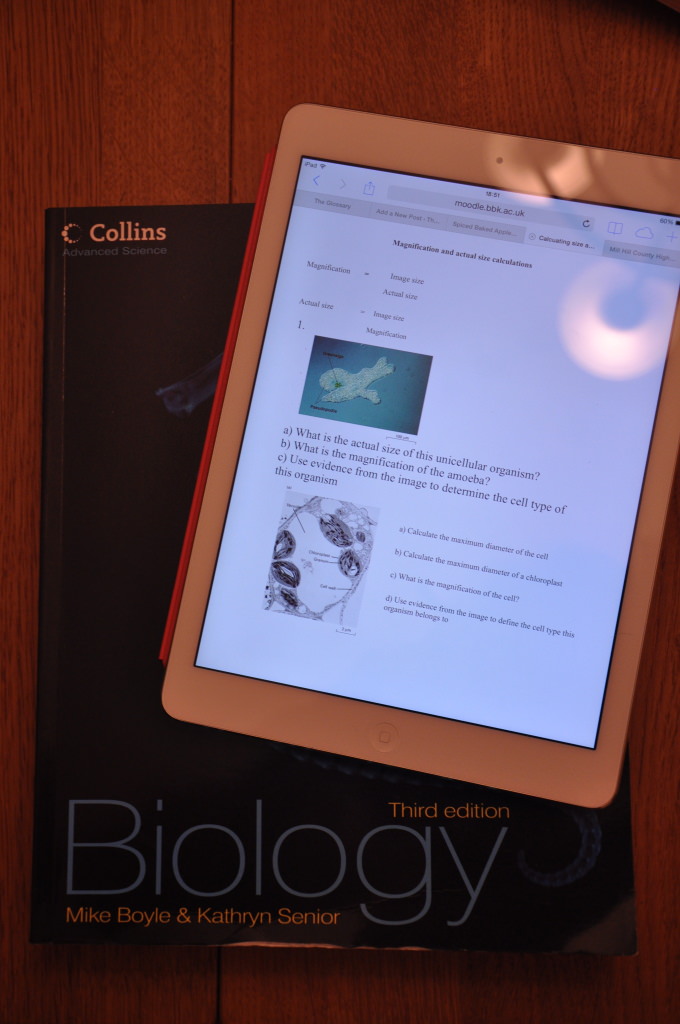I am in the midst of exams, which is seriously stressful, especially since I’m still working full time. Sadly stress makes my migraines worse, which of course, is lots of fun! While I’m learning about kidney and liver function, I’ve asked the lovely Holly to stop by with a guest post about how meditation can help deal with stress! Holly works for Will William’s Mediation in London, where they use Vedic meditation to help people become healthier and happier.
Everyday Stress: How Meditation Can Help.
Stress is now seen as a fact of life for many people. Even when things are going well and there are no extra pressures to throw you into a real panic, people are expected to live in a very demanding, fast paced and hectic environment that doesn’t really allow for time to switch off. This is largely accepted as normal and being slightly frazzled all the time is taken as an indicator that you are getting stuff done, but this persistent stress is causing a lot of problems.
Humans evolved to illicit a stress response in life threatening and heightened situations, which for pre-historic man were relatively rare occurrences. Furthermore more, these times of high stress were buffered by a lot of recovery time. In comparison, people now experience stress much more frequently, and there’s much less time in which to relax.
When you experience a stressful event, alarm systems in your brain will be set off, flooding your system with stress hormones such as cortisol. Along with this, energy is redirected from keeping your body quietly ticking over to the emergency systems that are required for the short, sharp burst of speed or power that could save your life. Heart rate increases and breathing becomes shorter, and the brain shuts down any unnecessary functioning to become entirely single-task orientated.
This of course is very useful when you are fighting your way out of a burning building or wrestling a bear, but our bodies, unfortunately, do not differentiate between this kind of life and death situation and something much more mundane, like an exam or train delay when you are in a rush. This has led to people living with constant stress, and a hormonal response that’s entirely inappropriate for their situation.
The issues this can cause stretch from head to toe. Increased risk of stroke, high blood pressure and heart problems have all been linked to stress, while stress hormones rushing about our bodies kill off brain cells and (on a somewhat more superficial level) can lead to premature aging. It’s all pretty bleak, and if you can’t afford to go on a permanent holiday, (we can dream!) it can feel like we don’t have any option but to put up with it.
However, it is possible to combat stress with meditation. Meditation gives your mind, body and nervous system a chance to rest on a profound level, one that is even deeper than that of “an exploding volcano wouldn’t wake me up” sleep. This kind of rest makes for good recovery time, and with proper rest and relaxation your brain is less likely to react so drastically to stressful situations in day to day life, which makes you calmer in general.
Also, meditators can find the build-up of stress hormones such as cortisol reduced by as much as 35%, making them much more resistant to unnecessary stress. With this comes faster recovery times and a chance for your body to repair the systems that have become worn out by anxiety.
When you are constantly stressed it can be hard to see a solution, and slogging on through exhaustion and worry can appear to be just a normal aspect of everyday life. But this needn’t be the case, and taking up meditation can be one way to prioritise your health and happiness. By setting aside some time in the morning and evening to meditate, which is something that gets easier with practise, you can find yourself experiencing the benefits and enjoying life more, no longer beleaguered by a mind and body that is continually on a strenuous high alert.
A Quick, Beginner’s Guide to Meditation
It can be had to know where to get started with meditation, so here’s a quick introductory guide.
Designate an Area in Which to Meditate.
Pick a spot in your house that is calm and quiet, and although there’s no need to entirely set it aside for the activity (few people have the space to allow for this), make this space the one in which you meditate. Going to the same place every day can help you form the habit, as you start to associate this area with meditation.
Switch off From Screens.
You’ll make life harder for yourself if you go straight into meditation after scrolling through whichever social media or website is your own particular poison as you’ll be thinking about all the information you’ve just absorbed, making it harder to focus. If you meditate first thing in the morning, go for a walk beforehand, or just generally spend some time winding down (it needn’t be for too long) you’ll find meditating easier.
Start with Simple Meditation Exercises.
Focused breathing exercises can be the best way to begin meditating. Inhale deeply through your nose, filling your chest without strain, before exhaling gently and feeling the release of tension, focusing on this action all the time. If you find yourself thinking of other things, simply acknowledge these thoughts before dismissing them and focusing again. Once you feel that this comes naturally to you and you want to try more, resources such as mind body green can help you develop.
Practice and Don’t Get Discouraged.
When your brain is always buzzing with thoughts it is very hard to empty it, even for a few seconds. Accepting this will make it easier to not become frustrated, or place unachievable expectations on yourself. Meditation takes time and practice, and finding yourself thinking about other things when you are meant to be focusing is completely normal, all you have to do is try again and soon you’ll feel the benefits.
Thanks so much to Holly. I’d love to know how you cope with stress? Have you ever tried meditation?



I use yoga as my meditation practice. But, with all the stress I am going through at work — having an at home meditation practice wouldn’t hurt, either. Great information on how to do this!
I’ve just got back into meditation lately, as I’m struggling with a few health issues which stem I think from high cortisol levels. I like using the headspace app.